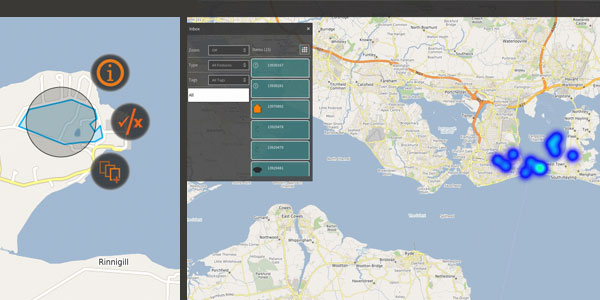The history of the battle of Jutland has been dominated by debates on naval strategy and assessments of which nation could claim ultimate victory. The aim of this project is to provide a new perspective on the battle by mapping the human cost of Jutland and its impact on the communities of the 6,100 men lost.
This Project investigates the impact of the Battle of Jutland on British society through identifying and mapping the communities of the sailors who lost their lives in the conflict. It has been traditionally assumed that most naval sailors were enlisted from seafaring communities since the navy recruited sailors directly from their base ports rather than establish recruiting centres in the UK’s major cities (as was the tradition in the Royal Marines). The project will test this theory by mapping the 6,100 sailors killed in Jutland and assess whether certain communities suffered disproportionally from others. In collaboration with the National Museum of the Royal Navy, sailors lost in the battle will be electronically mapped to their next of kin’s addresses. This map, will uncover the streets, neighbourhoods and communities which were hardest hit. The general public will also be invited to upload their relative’s stories, photographs and documents to the website thereby providing further insights into the lives of those sailors who were lost. You can access the map by visiting http://jutland.org.uk.

The researchers will then identify some of these key areas and examine how communities responded to a heavy loss of life through exploring the local press. In investigating a community’s reaction to the significant loss of life of local men, the project will provide a better understanding of issues such as the urban elites’ response to tragic war-time events, the potential accord and or discord between local and national patriotism, and popular morale on the home front during the First World War.
This project is a collaboration between Brad Beaven and Mel Bassett (Port Towns & Urban Cultures, University of Portsmouth) and Carole Chapman and Steve Doe of the Portsdown University of the 3rd Age group (U3A). The researchers will also work closely on outputs with the National Museum of the Royal Navy and the National Maritime Museum. The project will significantly develop and contextualise work already conducted by the Portsdown U3A on Jutland’s impact on Portsmouth which has been supported by the Heritage Lottery Fund.